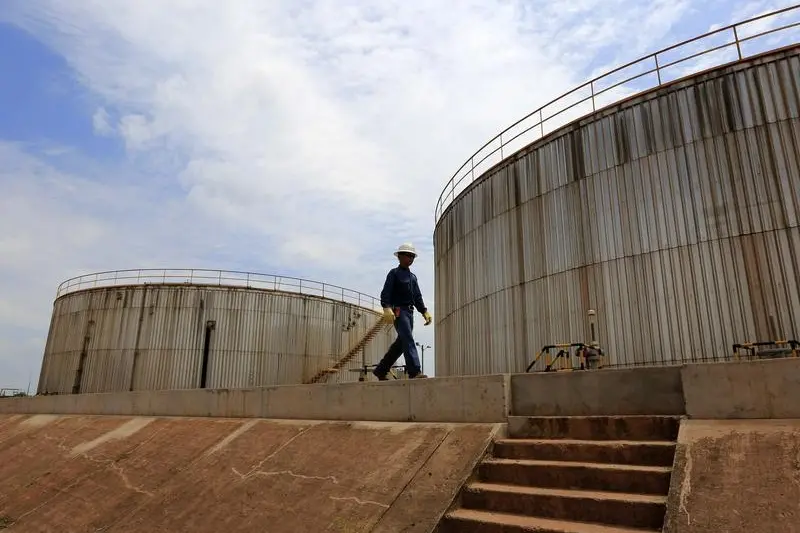PHOTO
KUWAIT: The National Assembly yesterday overwhelmingly passed a law allowing the government to hike electricity and water charges for expatriates after completely excluding Kuwaiti citizens. But the application of the new charges will not take effect before Sept 2017, according to the law which states that it will be applied on apartment buildings after 15 months of its publication in the official gazette.
Forty-eight MPs, including ministers, voted in favor of the law, while eight lawmakers opposed it. This is the second and final vote on the law as the first reading was approved two weeks ago. The law was passed after clearing the last hurdle of adding Kuwaitis residing in apartments to their counterparts living in villas to the exemption list. The law states that Kuwaiti families living in apartment buildings are exempted unless they have other houses. The exemption applies to only one house. A number of MPs called for exempting several houses for those Kuwaitis who are married to more than one wife, but the Assembly rejected the motion.
According to the law, the hike in electricity and water tariffs applies to apartment buildings (expatriates only), the commercial sector, industrial and agricultural sectors and government offices. It applies after one year on commercial activities which will be charged a flat rate of 25 fils per kilowatt. On government offices, it applies after 18 months and after 21 months on industrial and agricultural activities.
The new charges will be hiked for expatriates from the current 2 fils per kilowatt to the following:
1- Five fils per kilowatt for the first 1,000 kilowatts.
2- 10 fils per kilowatt for between 1,000 and 2,000 kW.
3- 15 fils per kilowatt for consumption above 2,000 kW.
The consumption is calculated on a monthly basis. Current average monthly charges for a medium-size apartment is around KD 5-7. But under the new charges, the monthly bill in summer months, when air-conditioning does not stop, could easily hit above KD 50 depending on consumption.
In summer months, May-September, the monthly consumption of medium-sized apartments is roughly around 3,000 kW. This means the bill will be KD 30. If consumption rises to 4,000 kW, the bill will be KD 45 and so on. In winter months, the rate will remain around KD 5 or slightly above that, also depending on consumption.
A number of MPs warned the commerce minister to closely monitor the local market to prevent any artificial increases in prices as a result of the law. According to Electricity and Water Minister Ahmad Al-Jassar, the 1.3 million Kuwaiti citizens consume about 40 percent of the electricity while the 3 million expatriates consume under 20 percent.
The rise in electricity charges comes as part of a government-sponsored package to cut consumption and boost non-oil revenues to face the sharp decline in oil income, the main source of public revenues. MPs had a lengthy debate on the so-called government vision for reducing dependence on oil as the main source of income.
A number of MPs said the vision includes a large number of projects including privatization and called for allowing the Assembly to vote on it, but speaker Marzouq Al-Ghanem said the Assembly is not required to vote on it because it is a government vision. Finance Minister Anas Al-Saleh said the government will not undertake any privatization without a law from the Assembly.
© Kuwait Times 2016





















